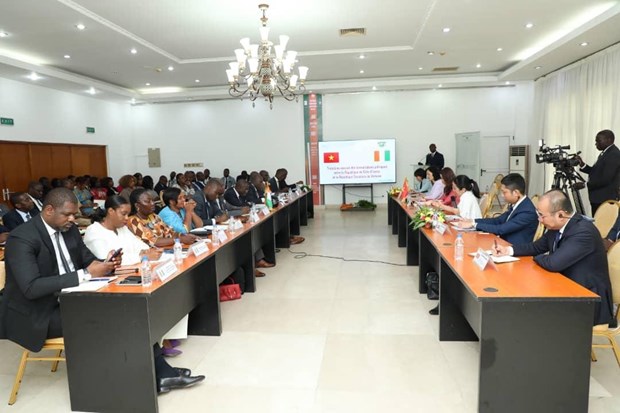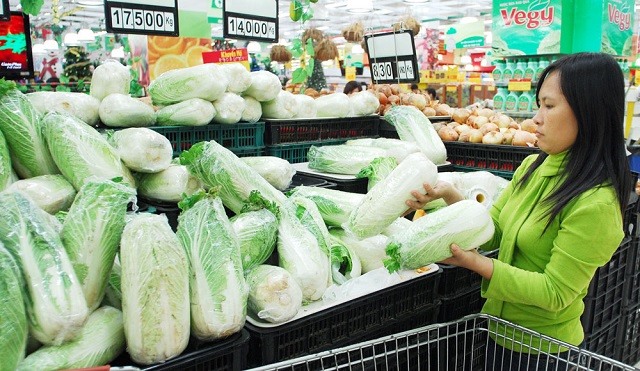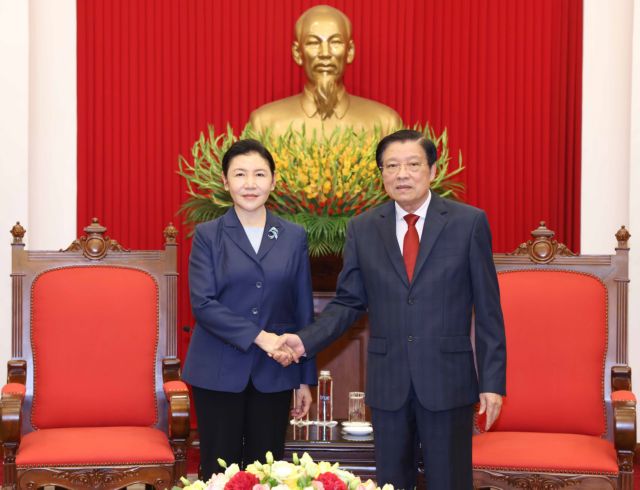 Economy
Economy

The consumer price index (CPI) rose 0.45 per cent in August from the previous month, the General Statistics Office (GSO) reported.
 |
| Vegetable prices in August increased by 2.87 per cent month-on-month , partly contributing to the growth of CPI in August. Photo kinhtedothi.vn |
HÀ NỘI - The consumer price index (CPI) rose 0.45 per cent in August from the previous month, the General Statistics Office (GSO) reported.
August CPI rose 2.59 per cent from last December and 3.98 per cent from the same period of 2017. The eight-month figure rose 3.52 per cent from last year, approaching the Government’s target for the CPI growth rate of the entire year, which is 4 per cent.
Đỗ Thị Ngọc, head of the GSO’s CPI Department, said the growth rate of the CPI in August was lower than the growth rate of the CPI in August 2017, but higher than the growth rate in the same month in 2014, 2015 and 2016.
Ten of the 11 groups of main commodities and services saw prices increase, namely restaurant and catering services (0.87 per cent); housing and building material (0.44 per cent); education (0.46 per cent); culture, entertainment and tourism (up 0.19 per cent); and transport (0.13 per cent). Meanwhile, post and telecommunications saw a decrease of 0.07 per cent.
Ngọc said one of reasons for the increase in August CPI was the growth in the price index of food groups because the pork price surged to a high level with average growth of pork prices at 3.41 per cent over the previous month. The price of processed pork products also increased.
In addition, vegetable prices increased by 2.87 per cent over the previous month thanks to the impact of rainstorms and floods while food prices rose 1.12 per cent.
Meanwhile, since August 1, gas prices on the local market rose VNĐ11,000 per 12-kg tank, up 2.8 per cent over July, as the average global gas price in August stood at $587.5 per tonne, up $25 month-on-month.
Some centrally run provinces and cities increased tuition fees according to the Government’s plans.
The exchange rate between the Vietnamese đồng and US dollar influenced the prices of some imported commodities such as petroleum, gas, automobile, motorbike, wine, cigarettes and overseas tours.
In August, the domestic gold price fluctuated according to the global gold price that fell because the dollar price increased on the world market, making gold less attractive for investors, according to GSO. The gold price on the local market in August decreased 1.41 per cent month-on-month but increased 0.33 per cent year-on-year.
On the other hand, Ngọc said, the exchange rate between Vietnamese đồng and US dollar in August fluctuated significantly because the US dollar was stronger than other currencies and was considered a safe asset in the context of fluctuating global financial markets amid protectionist
The exchange rate between the Vietnamese đồng and the US dollar of domestic commercial banks and the local market increased in August. However, with the flexible operation of the State Bank of Việt
The GSO also said basic inflation in August, excluding food, fresh food, energy and commodities managed by the government such as health services and education services, was up 0.22 per cent month-on-month and 1.54 per cent year-on-year.
The CPI was predicted to increase slightly in September and groups of commodities seeing a price increase will include education services, pork, gas and petrol. In addition, unexpected natural disasters and floods will also affect CPI growth. - VNS









